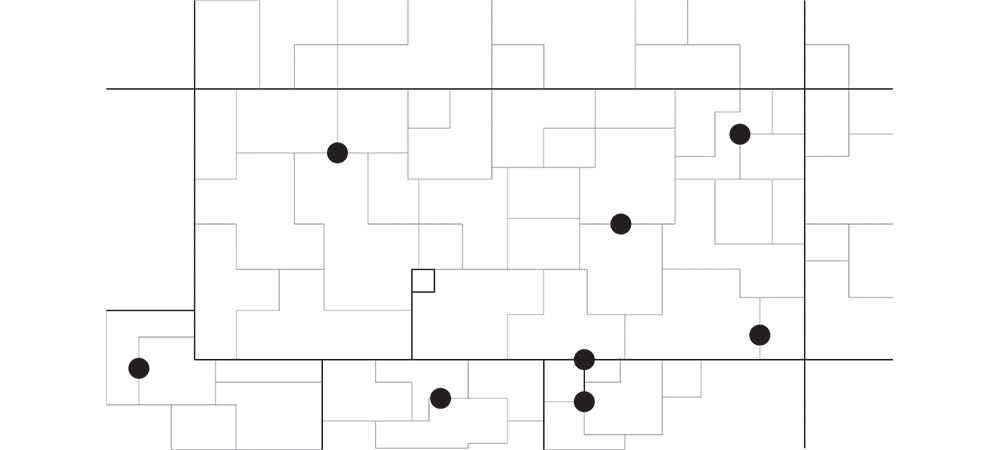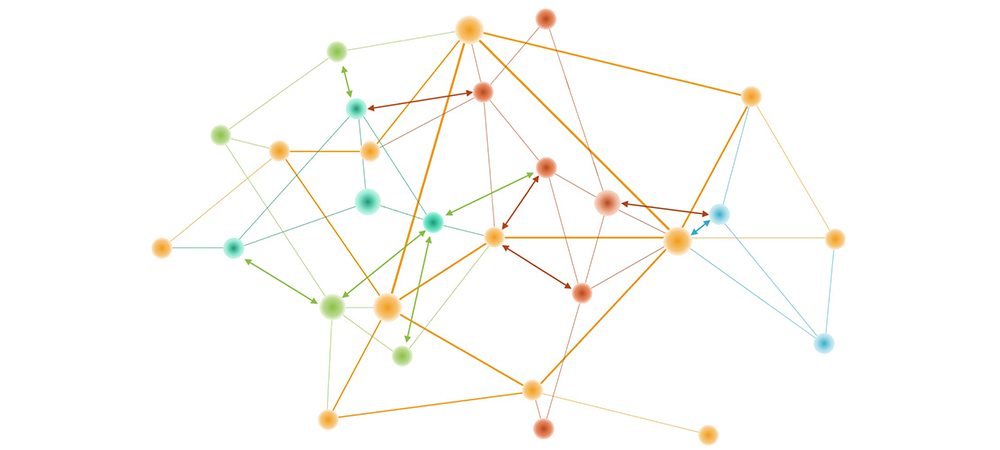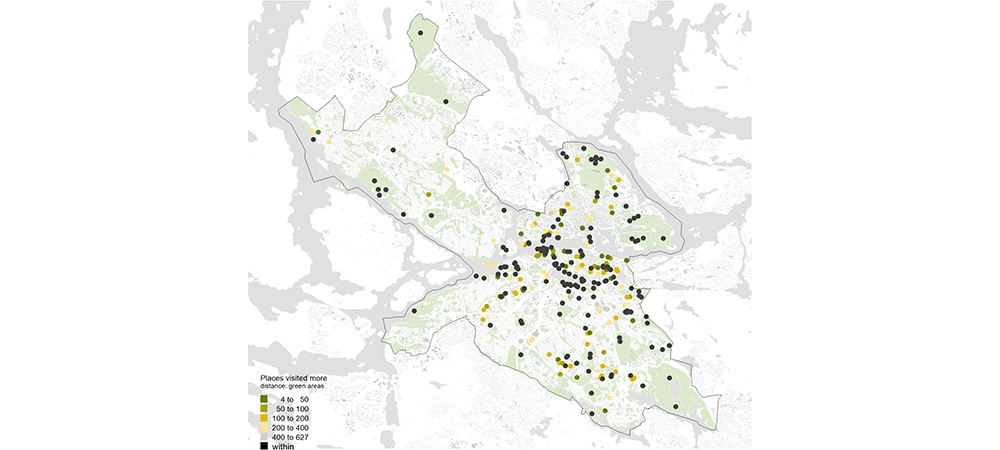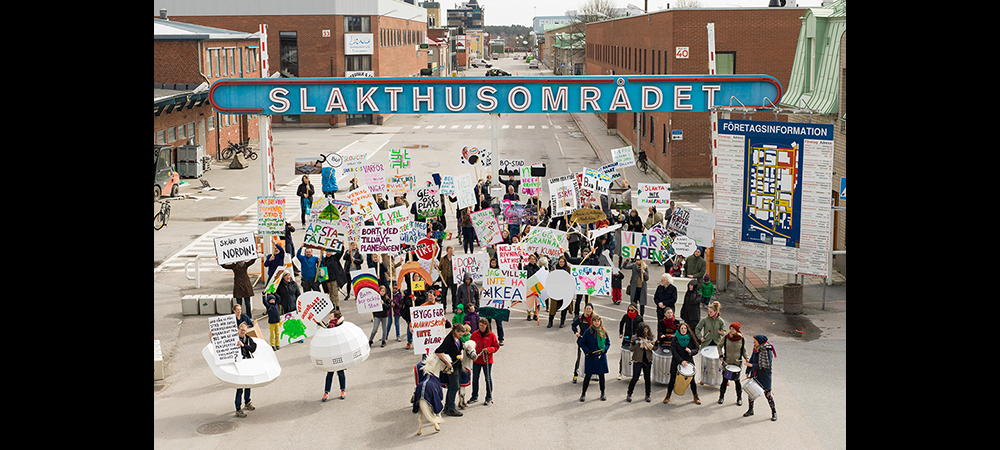Architecture, Landscapes and Cities
The rapid transformations societies everywhere are undergoing today put an added emphasis on the identity and role of cities in sustaining lives for what is now the majority of the world’s population. Enfolding critical spatial knowledge with diverse forms of architectural practice, the research direction of urban design at the KTH School of Architecture addresses these challenges through research, teaching and education, and by contributing to the public debate.
At KTH, we see urban design as a complex field, bridging between theory and practice, entwining societal processes and forces with professional concerns that are combined and made manifest in the built environment. It also incorporates critical, norm-breaking and imaginative ways of dealing with conflicting interests, norms and ideals. The architectural research in urban design has as its goal to generate new knowledge on cities by combining practice and theory, seen in relation to interconnected and multi-scalar processes of change concerning social, cultural, political, economical, and ecological aspects. This research includes speculative and future oriented research that advances new solutions and approaches to contemporary situations, but that is also able to challenge the underlying assumptions and ideals that posit ‘the City’ as the answer to our current and future environmental challenges as well as our future urbanities.
We see critical, speculative and future oriented approaches as crucial elements of research in urban design – aspects that not only are intrinsically architectural in that they combine spatial concerns with questions of justice and democracy. Equally important are studies in history, philosophy, social theory and aesthetics that further an engagement with the city as a contested and multifaceted milieu, defined by temporalities at different speeds. As informed by an interdisciplinary perspective, research in Urban Design contributes to the discourse and knowledge on cities within academia, but also to the political and popular debate. Integrating architectural skills, approaches and concerns into a wider discourse on urban development is a crucial part of what we do. This includes – but is not limited to – specifically architectural conceptions of space, form and matter on the one hand, and the full realm of architecture as a cultural, political, artistic and historical construction on the other.
Urban design at KTH School of Architecture strives to be an integrated part of ABE research on urban and regional development. The School of Architecture is host to a rich set of traditions and competences in urban design, and the setting for its future is based on this diversity as well as on our practices of collaboration that combine to form a common research environment – including frequent discussions on what goes in-between.
Research at KTH School of Architecture is focused on three areas:
- Public space and the relationship to democracy, power and agency, including mediation and representation, forms and interventions in architecture and art, in relation to concepts of site, place and space. This includes research into urban history and ideological shifts, political economies, and deals with public space in both concrete and abstract form.
- Critical inquiry into issues of sustainability and resilience, including ground research in feminist theory and reflection on feminist practices. Central here are questions of democracy in planning and civic participation in urban development processes, critical aesthetic and political practices, and participatory practice-led research and artistic research.
- Architecture and spatial configurations in a wide sense, interrelated to cultural, social, economical, ecological, and political phenomena. Developing methodologies to diagram, model, and analyse spatial configurations as defined by material boundaries of (built or unbuilt) space, understood as means through which society formulates, produces, and reproduces itself.
Staff in the research field Architecture, Landscapes and Cities
Professors
Associate professors
Research engineers
Lecturers
Doctoral students





